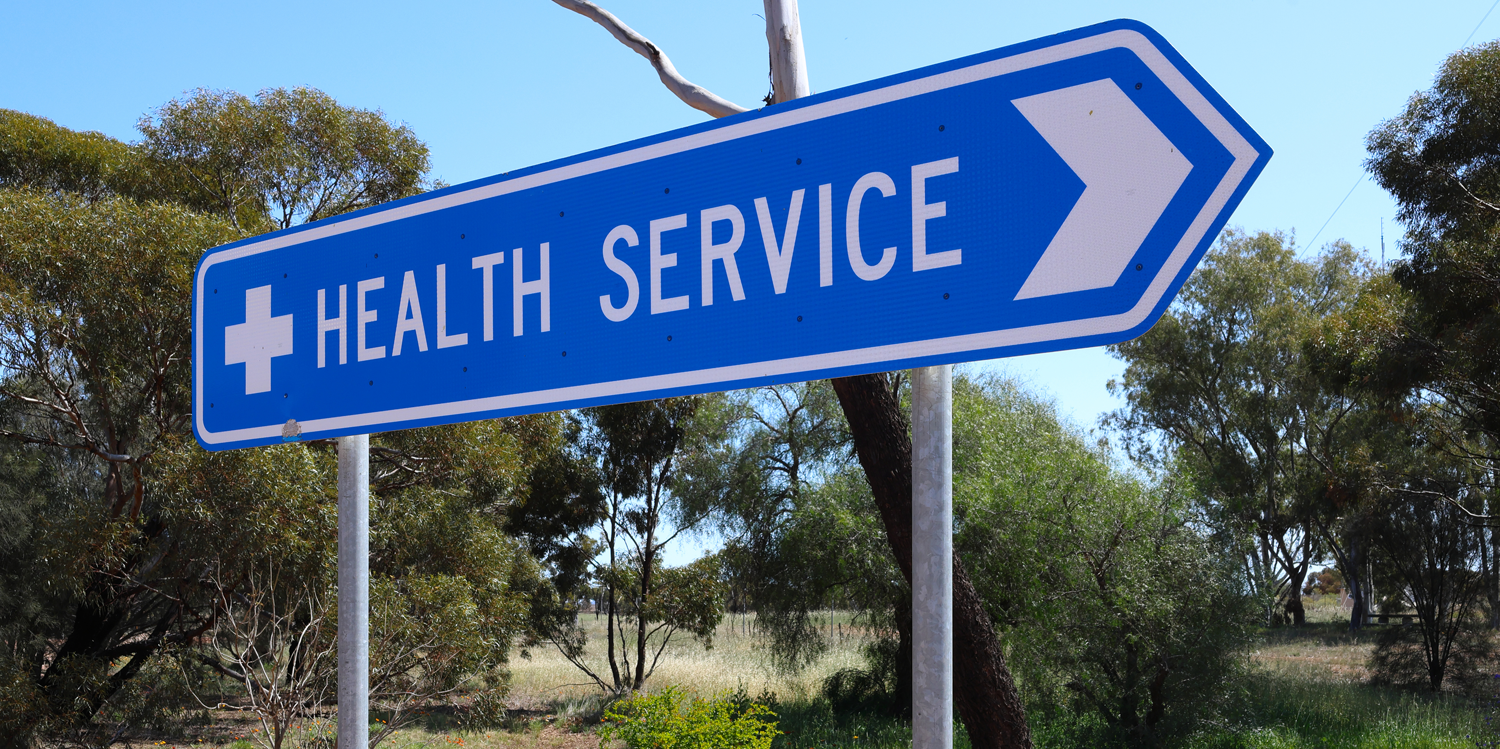Rural Generalism is set to become an officially recognised specialty in a bid to grow the workforce.
The milestone comes after what the Australian College of Rural and Remote Medicine has described as six years of exhaustive expert analysis.
Rural generalists are rural GPs that provide vital primary and emergency care to rural and regional communities, and often have additional training in areas such as obstetrics, mental health and anaesthetics.
Due to the extended scope of practice these GPs work within, there have been calls to recognise it as its own speciality of medicine.
Only a medical practitioner with specialist registration can use the protected title associated with their recognised specialty.
A National Rural Generalist Pathway was established in 2018 to attract, retain and support rural generalists, but it was not recognised as a specialty until now.
Rural Health West welcomed recognition of the rural generalist specialty, but called for more to be done to address workforce shortages in rural and remote communities.
RELATED: A rural life beckons
Chief executive Professor Catherine Elliott said rural WA was still facing a “significant” GP workforce shortage.
As of February 24, there were 78 GP vacancies registered with Rural Health West, with 22 of these identified as high-priority vacancies.
“Projections indicate we will need an additional 300 GPs by 2030 to meet growing demand and replace retiring doctors,” Prof Elliott said.
“Without further intervention, many rural communities will struggle with access to essential healthcare services,” she said.
Prof Elliot said key priorities to strengthen rural general practice such as expanding support for international medical graduates, increasing rural training placements, improving financial incentives, and creating clearer pathways for GPs to maintain advanced skills had been identified at last year’s WA Rural GP Summit.
“Medicare reform is crucial to ensuring rural general practice is not only sustainable but also a financially viable and attractive career choice,” she said.
“Targeted incentives and alternative funding models will be vital to addressing these challenges.”
The Department of Health and Aged Care said 2025 will see the largest cohort of doctors starting GP training in Australia, with more choosing to work in rural and regional areas.
More than 1750 doctors are expected to begin government-funded training to become a GP in 2025. One-third of these future GPs are training in the new general practice specialty of Rural Generalism.
Australian College of Rural and Remote Medicine President Dr Rod Martin said rural GPs were essential to their communities.
“The breadth of rural generalists’ work—which is grounded in primary care but spans multiple specialty areas—is essential to the sustainability of healthcare in rural communities,” he said.
“We are tantalisingly close to seeing rural generalists in Australia gain the recognition they deserve.”
RACGP president Dr Michael Wright said this formal recognition would “validate the critical work” done by such doctors on a daily basis.
Want more news, clinicals, features and guest columns delivered straight to you? Subscribe for free to WA’s only independent magazine for medical practitioners.
Want to submit an article? Email [email protected]


